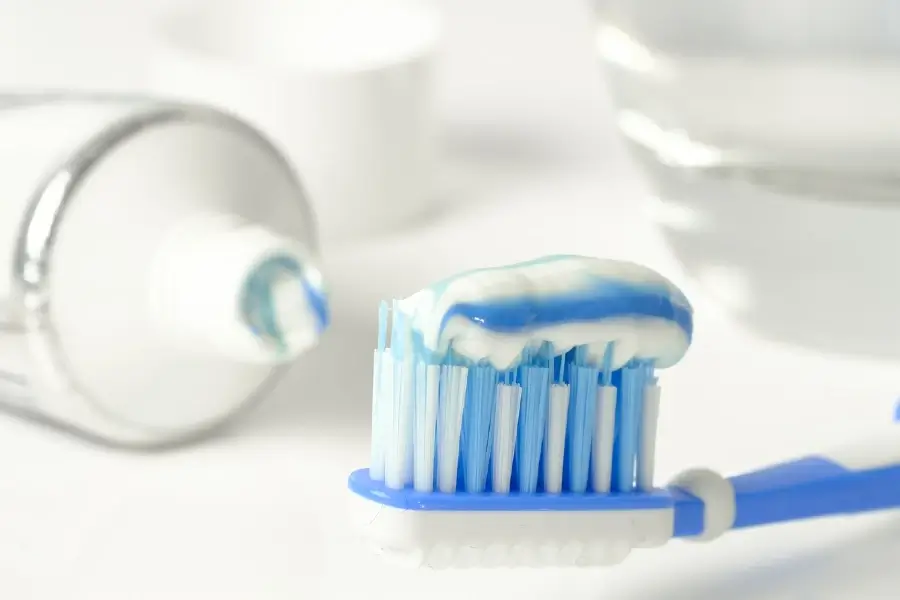Ozempic Dental Consequences
While Ozempic (semaglutide) is generally used to treat weight loss and type 2 diabetes, there is growing evidence that it can produce oral adverse effects. Here’s a breakdown of what you could experience:
Dry Mouth: Ozempic, a type 2 diabetes drug, might reduce saliva production, causing a dry mouth sensation. This disorder, called xerostomia, can seriously affect a person’s dental health and overall well-being.
Saliva is essential for keeping your mouth healthy. It functions as a natural lubricant, making it easier to swallow food and speak.
Furthermore, saliva includes vital enzymes and minerals that protect the teeth and gums from the damaging effects of acids and germs. Saliva prevents cavities, tooth decay, and other dental disorders by washing away food particles and neutralizing the pH in the mouth.
When the salivary glands generate less saliva, which might happen with Ozempic use, the mouth becomes dry and painful. Patients may notice a sticky or thick sensation in their mouth, trouble swallowing, and an increased risk of oral infections such as candidiasis (thrush).
Dry mouth can also cause increased sensitivity to spicy, salty, or acidic meals, making consuming a diverse and healthful diet difficult.
Patients must practice appropriate dental hygiene, such as regular brushing, flossing, and fluoride-containing toothpaste.
To counteract the effects of Ozempic-induced dry mouth, patients must practice appropriate dental hygiene, such as regular brushing, flossing, and fluoride-containing toothpaste.
They may also benefit from using saliva substitutes or stimulants and staying hydrated by consuming enough water throughout the day. Regular dental check-ups and expert cleanings are also essential for early detection and treatment of any oral health issues resulting from decreased saliva production.
Individuals who understand the potential influence of Ozempic on saliva production and take proactive actions to treat dry mouth can maintain their oral health and overall well-being while using this medicine to manage diabetes.
Bad Breath (Halitosis): Ozempic can induce dry mouth, which allows germs in the mouth to increase more quickly.
Cavity Risk: Reduced saliva flow and associated taste alterations may raise the risk of cavities. Consistent oral hygiene routines are much more crucial when using Ozempic.
Changes in Taste: Some individuals report having altered taste sensations while using Ozempic. This is a transient side effect that normally fades with time.
Here are some ideas for controlling the possible adverse effects of dental treatment in Ozempic.
Maintain proper oral hygiene: Brushing your teeth twice daily and flossing daily is critical for removing food particles and bacteria from your mouth.
Increase your water intake: Drinking enough water throughout the day might help you avoid dry mouth and stay hydrated.
Sugar-free sugar replacements: Use sugar-free sugar substitutes in your diet because they do not contribute to cavity formation.
It’s worth noting that a study into Ozempic’s dental adverse effects is underway.
Schedule frequent dental examinations and cleanings to keep track of your oral health and address any potential problems early.
Consult your doctor or dentist: If you have any concerns about dental side effects while taking Ozempic, consult your doctor or dentist. They can provide you with advice on the best course of action.
It’s worth noting that a study into Ozempic’s dental adverse effects is underway. While some people notice these impacts, others may not. If you are considering taking Ozempic, talk to your doctor about the dangers and benefits.













